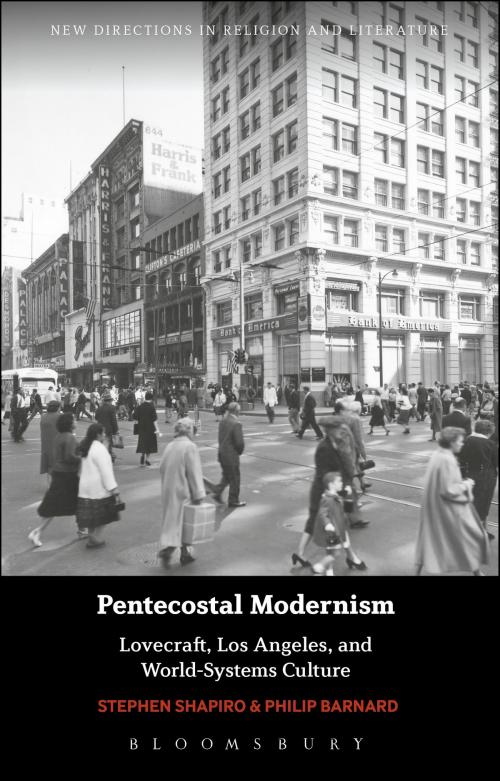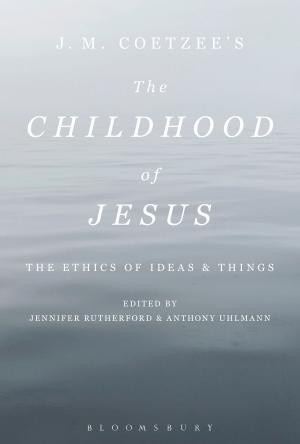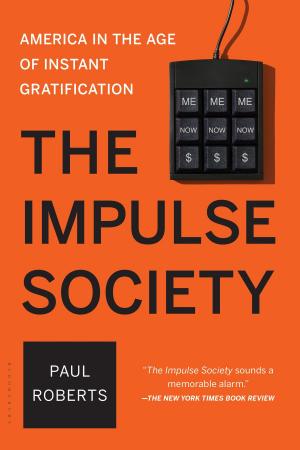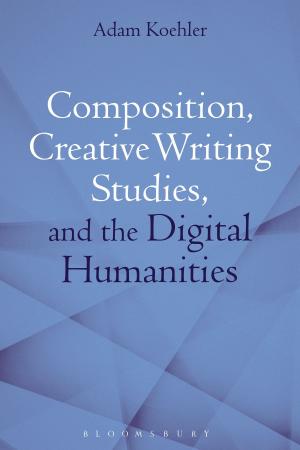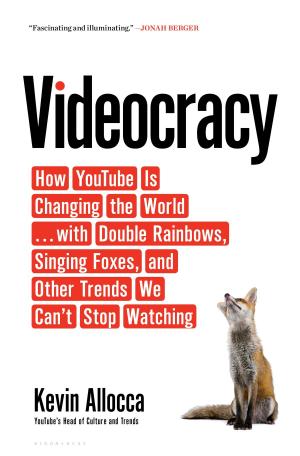Pentecostal Modernism: Lovecraft, Los Angeles, and World-Systems Culture
Fiction & Literature, Literary Theory & Criticism, American| Author: | Professor Stephen Shapiro, Professor Philip Barnard | ISBN: | 9781474238748 |
| Publisher: | Bloomsbury Publishing | Publication: | February 9, 2017 |
| Imprint: | Bloomsbury Academic | Language: | English |
| Author: | Professor Stephen Shapiro, Professor Philip Barnard |
| ISBN: | 9781474238748 |
| Publisher: | Bloomsbury Publishing |
| Publication: | February 9, 2017 |
| Imprint: | Bloomsbury Academic |
| Language: | English |
Bringing together new accounts of the pulp horror writings of H.P. Lovecraft and the rise of the popular early 20th-century religious movements of American Pentecostalism and Social Gospel, Pentecostal Modernism challenges traditional histories of modernism as a secular avant-garde movement based in capital cities such as London or Paris. Disrupting accounts that separate religion from progressive social movements and mass culture, Stephen Shapiro and Philip Barnard construct a new Modernism belonging to a history of regional cities, new urban areas powered by the hopes and frustrations of recently urbanized populations seeking a better life. In this way, Pentecostal Modernism shows how this process of urbanization generates new cultural practices including the invention of religious traditions and mass-cultural forms.
Bringing together new accounts of the pulp horror writings of H.P. Lovecraft and the rise of the popular early 20th-century religious movements of American Pentecostalism and Social Gospel, Pentecostal Modernism challenges traditional histories of modernism as a secular avant-garde movement based in capital cities such as London or Paris. Disrupting accounts that separate religion from progressive social movements and mass culture, Stephen Shapiro and Philip Barnard construct a new Modernism belonging to a history of regional cities, new urban areas powered by the hopes and frustrations of recently urbanized populations seeking a better life. In this way, Pentecostal Modernism shows how this process of urbanization generates new cultural practices including the invention of religious traditions and mass-cultural forms.
